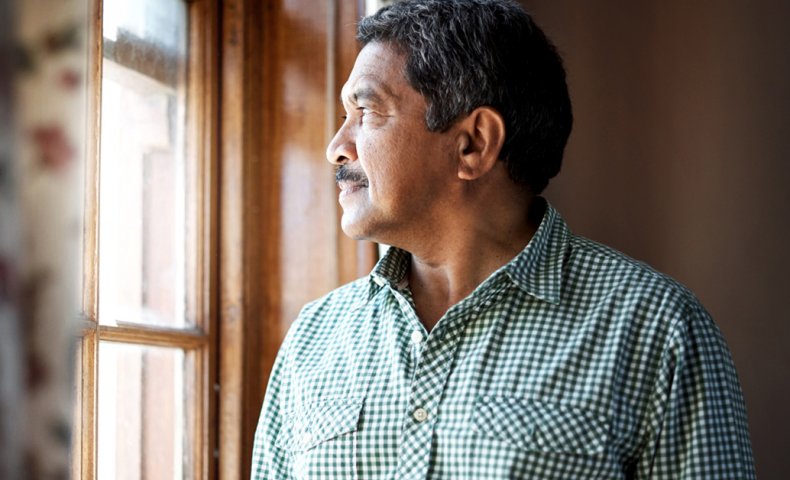
Short days, long nights, holiday stress and cabin fever can add up to a strong dose of the winter blues. So what can you do to manage feeling down?
During the winter months, many people feel more sluggish and sad — and even more anxious and depressed. Consider these 6 ideas to improve your mood and energy during this tough seasonal stretch (and beyond).
- Get regular exercise, even if it’s just a 15-minute walk. As tempting as it may be to stay under the covers or on the sofa, try to do something active each day. Chemicals that your body releases during exercise can go a long way toward improving your mood.
- Eat well. Comfort food like fries, cookies and chips may be tempting, but foods high in carbs and sugar can make your blood sugar spike and then drop, making you feel even less energetic. Instead, eat more fruit, nuts, vegetables and whole grains. Try cooking with your family or friends to squeeze in some together-time.
- Go outside when it’s sunny. Exposing yourself to a little sunlight can give your body a nice boost. So bundle up, and remember to use sunscreen on exposed skin even when it’s cold out.
- Get good quality sleep. Getting too little or too much sleep can affect your mood. Try relaxation techniques such as meditation or slow muscle relaxation to help ease you into dreamland. Go to bed and wake up at around the same time each day, including weekends, to keep a consistent sleep schedule.
- Get together with others. Bears may hibernate in winter, but that’s not the best practice for people. Spending time with family and friends can boost your mood. Ask a friend to join you at the movies or a coworker to meet you for tea. They may benefit just as much as you!
If the winter blues (or anything else) is affecting you most days, connect with therapists and psychiatrists through LiveHealth Online. They are right at your fingertips and ready to help.
Speak to a doctor online about these issues and more
Recommended Posts

Ready or not, the holiday season is upon us! Whether you’re host or guest, traveling or celebrating at home, Dr. Mia Finkelston offers tips for reducing stress and staying healthy.

It’s another COVID-19 flu season. How can you protect yourself, how can you tell if it’s flu or COVID-19, and what should you do if you get sick? Here are five tips that can help.
